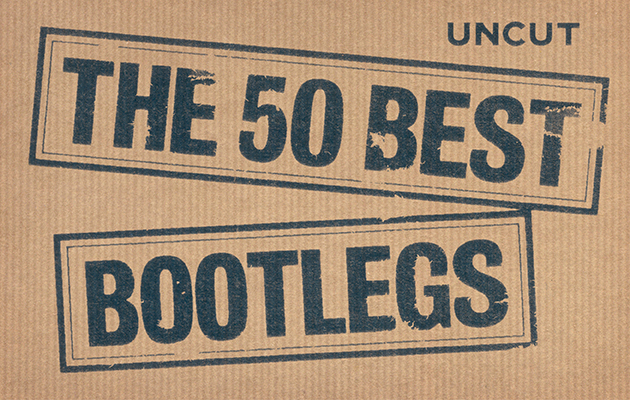35 JIMI HENDRIX/TRAFFIC
A Session
Recorded 1968, New York
Installed in New York, Hendrix was enjoying new-found freedom in the studio. No longer content to play only with Noel Redding and Mitch Mitchell, he would regularly bowl up to The Record Plant late at night, with friends, fellow musicians and admirers in tow. Hence this bout with visiting Traffic, cut either late 1968 or early 1969, depending on who you believe. The three instrumental pieces – “Jam Thing”, “Guitar Thing” and “Session Thing” – all take their lead from Jimi, who lays down humming guitar grooves with only short solo forays. Chris Wood blasts away on alto sax, at first hesitantly, then growing confident enough to attempt some jazzy runs and atonal honks. Jim Capaldi, too, adopts an almost jazzy style while Winwood is quiet on keyboards, showing only bursts of the style he brought to “Voodoo Chile” on Electric Ladyland. Typical of neither Jimi or Traffic, A Session offers a clue as to how Hendrix’s planned excursions into jazz might have sounded. Wood was no Miles Davis, but Jimi’s controlled, deft guitar work here surely reflects the approach he would have taken in that mooted jazz-rock summit with Miles. Note: the sleeve photo is a bit misleading: flanking Jimi and Winwood are Eric Burdon, John Mayall and Carl Wayne – never members of Traffic, of course.
Sound quality: Excellent
See also: Shokan Sunrise, recorded in August 1969
___________________
34 PJ HARVEY
JUNGLE QUEEN
Recorded 1991-1993, Yeovil and London
This collection catches Polly Harvey in the hardworking mood that produced Dry and Rid Of Me and outtakes compilation 4-Track Demos in quick succession. The first 10 tracks are demos of Dry, released originally alongside the album as a limited-edition CD called Demonstration. It’s a largely acoustic and unpolished version of the album, and highlights how the record’s claustrophobic atmosphere was created in production, sometimes to the detriment of a fragile, beautiful song like “Oh, My Lover”. The second half comes from two Peel sessions, the first in September 1992 at which she showcased three songs from Rid Of Me, including an incendiary “Ecstasy” and deranged “Highway 61 Revisited”. But the Peel Session from the following March is of most interest. At the time, Harvey was writing more songs than she knew what to do with, and the session featured three new songs as well as a cover. While “Naked Cousin”, and the cover of Howlin’ Wolf’s “Wang Dang Doodle” exist elsewhere, “Prime And Ticking” and the magnificent “Claudine, The Inflatable One” remain unreleased.
Sound quality: Very good throughout
See also: Live At The Forum, 1993
____________________
33 THE SOFT BOYS
THE DAY THEY ATE BRICK
Recorded autumn 1978, Rockfield Studios
Like post-punk contemporaries Adam And The Ants and Warsaw/Joy Division, the Soft Boys found themselves cast aside by a major label when their attempt at recording an album exposed their commercial limitations. Signed to Warners subsidiary Radar on the back of a frenetic debut indie EP, the Cambridge psychedelicists were dumped – along with what would have been their first LP (working title: Heat Me Up And Tell Me You’re Happy) – after the powerpop rush of “I Wanna Be An Anglepoise Lamp” missed the Top 75 by a million miles. Frontman Robyn Hitchcock kvetched: “They released what they thought sounded closest to what other people might be listening to, rather than what we were good at.” What the band specialised in, as the half-finished tracks compiled on The Day They Ate Brick attest, was claustrophobic Groundhogs-meets-Beefheart dirges, and while much of the material was reworked for 1979’s A Can Of Bees, these dank prototypes gleam twitchily. Hitchcock later deemed the Soft Boys “too middle class” to succeed, but their musical DNA would replicate itself in REM and a slew of Paisley Underground bands, an afterlife being better than no life at all.
Sound quality: Wobbly; mastered from an nth-generation cassette
See also: Rout Of The Clones, live material from 1978



